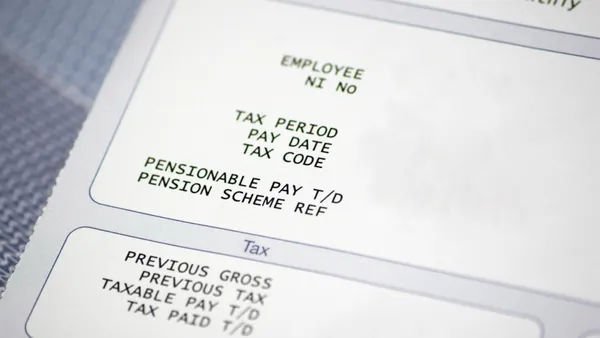Jonathan Soormaghen is the founder and CEO of Resume Advisor. Views are the author's own.
Many factors go into the total compensation package. Before negotiations with a current or potential employee, have clear goals, know the areas in which you are willing to compromise, and which aspects of the package are non-negotiable.
There are a lot of balls to juggle with respect to the total package. Planning for the future is important to employees. Be able to list reasons why the offered compensation package stacks up against the market, and have answers to any issue the employee raises.
First, of course, there is the base salary, plus any commissions and bonuses. Some bonuses are guaranteed, while others are tied to performance metrics.
Is the employer willing to budge on these hard numbers? It's helpful to have a range in mind tied to the employee's title and skill set, and an uppermost limit. Next, think about tangible benefits – health insurance, pension and/or retirement plans, parental leave, vacation days, etc. If the employee declines a benefit, such as health insurance, is it possible to increase her base salary? What if she's willing to trade something for more vacation days? Have answers prepared.
Keep in mind intangible benefits which are becoming more important to employees. The major one is working from home. Many people now want to work remotely full time or at least part time. Some may be willing to trade a percentage of salary to achieve it. On the other hand, if on-site work is preferred, be prepared to say why this is important to the role and perhaps offer extra personal days as a compromise, if possible. Also, if compensation and bonuses are tied to particular achievements, let the employee know.
Do your research before the negotiation. Check the market standard salary for the job title in question and determine whether the particular role should command that salary. Perhaps the employee lives in a region where the cost of living is high. For market value, his salary may need to be higher than others who hold the position living in areas where the cost of living is lower. In an opposite scenario where the employee says her cousin in the San Francisco Bay Area makes double her salary with a commensurate title, have the facts at hand to show why that salary is not appropriate for Topeka, Kansas.
HR Dive recently reported on a recent Salary.com survey, in which employees said their employer isn't transparent about pay and they didn't feel they could ask about it. This feeling is unfortunate and could result in the loss of a valuable employees. Mitigate through preparedness.
A common question from employees at the end of a negotiation is, "What can I expect for the future?" An employee is unlikely to be satisfied with a vague answer, so again, employers should share hard data about future salary increases and other benefits.
A successful compensation discussion can give the employee a solid sense of what to expect financially this year and in years to come but, again, this depends on data and preparation.
When she feels secure about salary and benefits, she will be more focused on doing the job rather than worrying about vacation days. The best outcome of a negotiation will foster employee happiness and contentment at the company, and a more harmonious working atmosphere.













